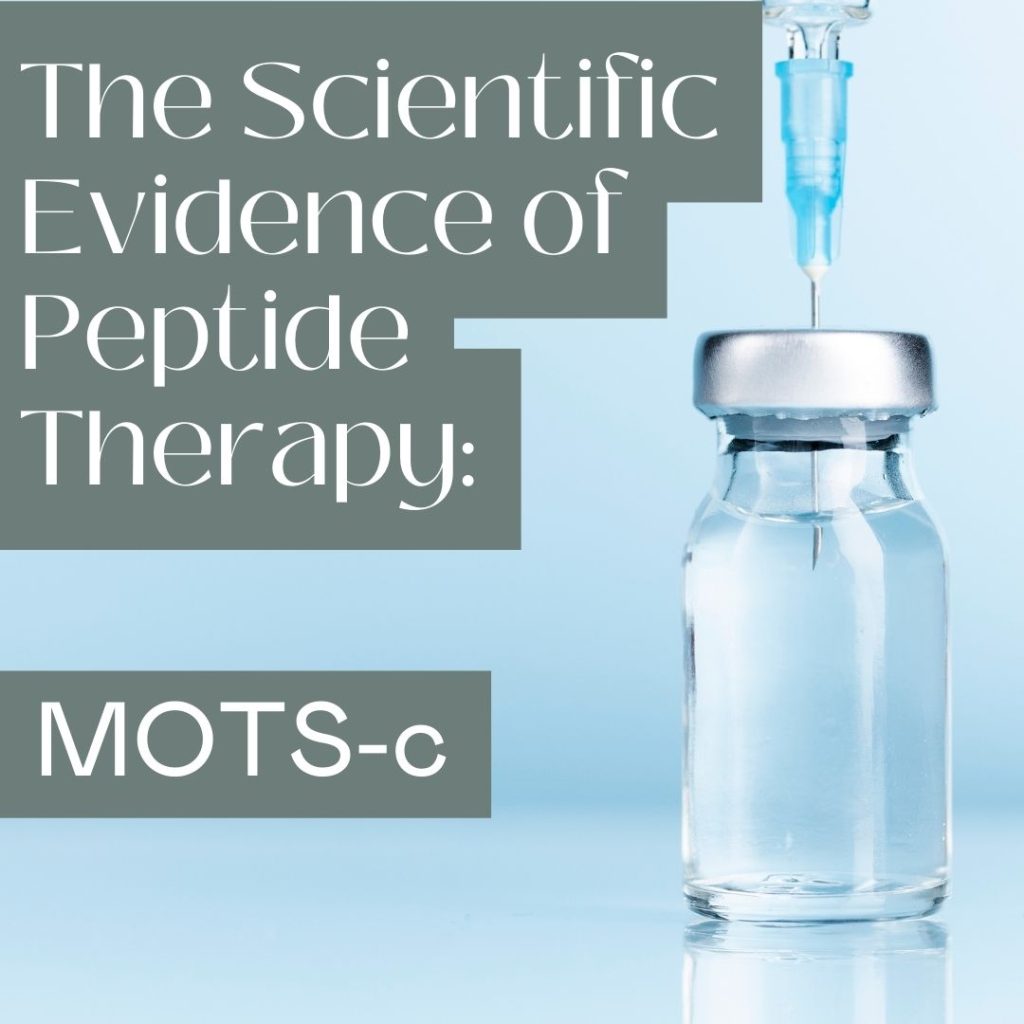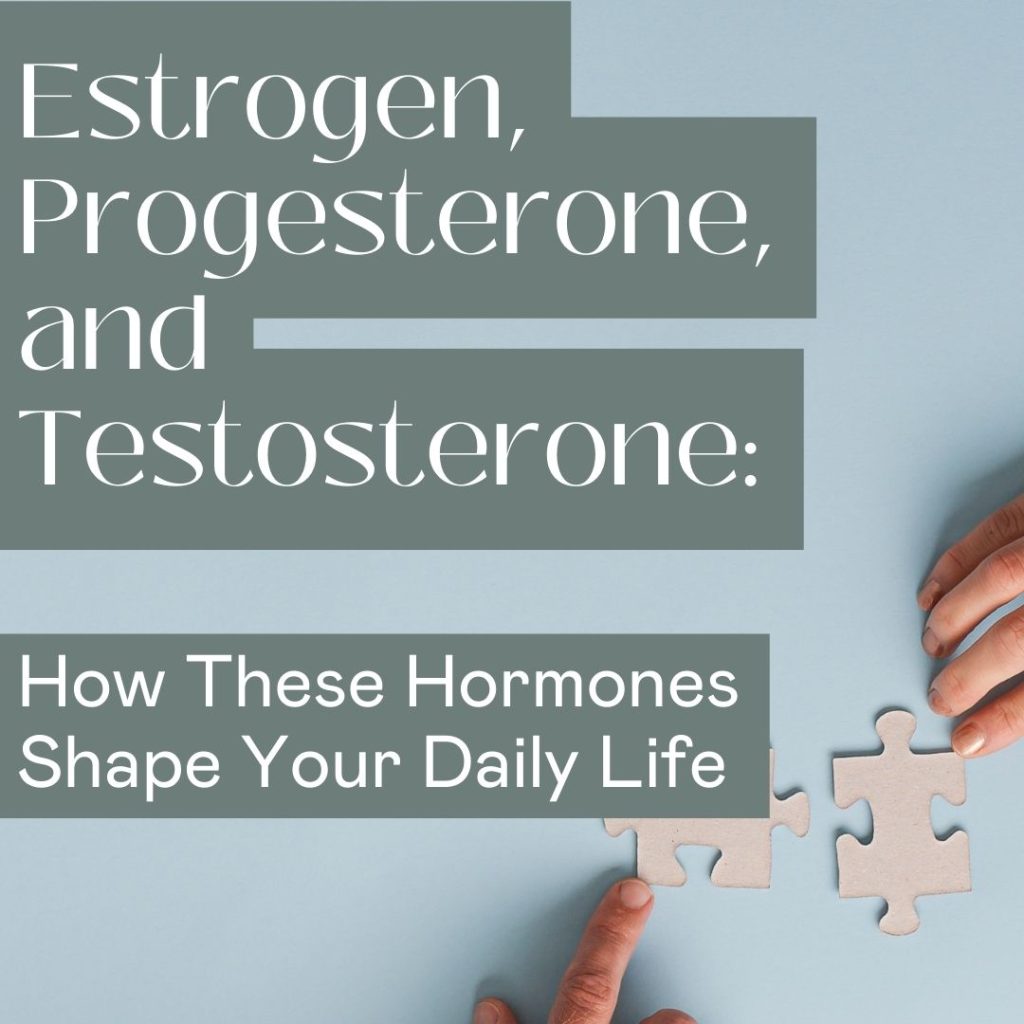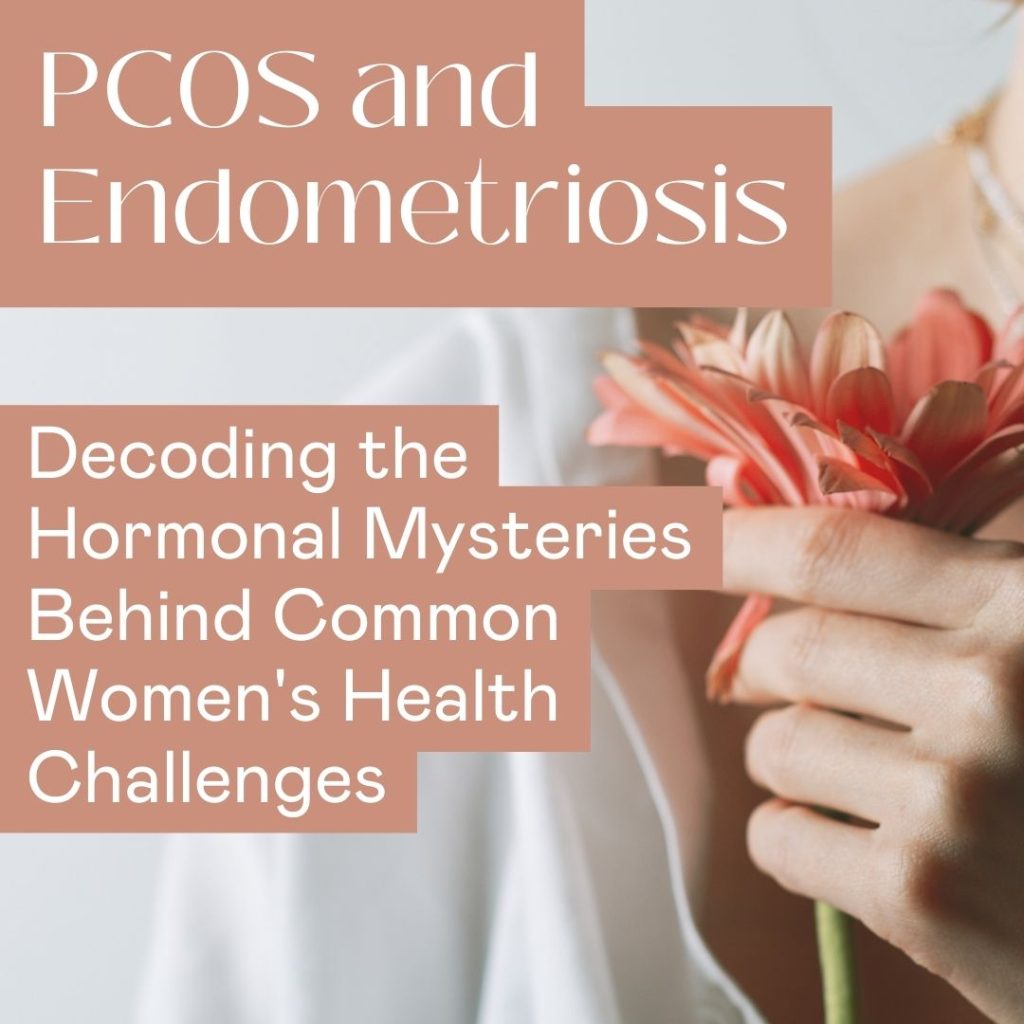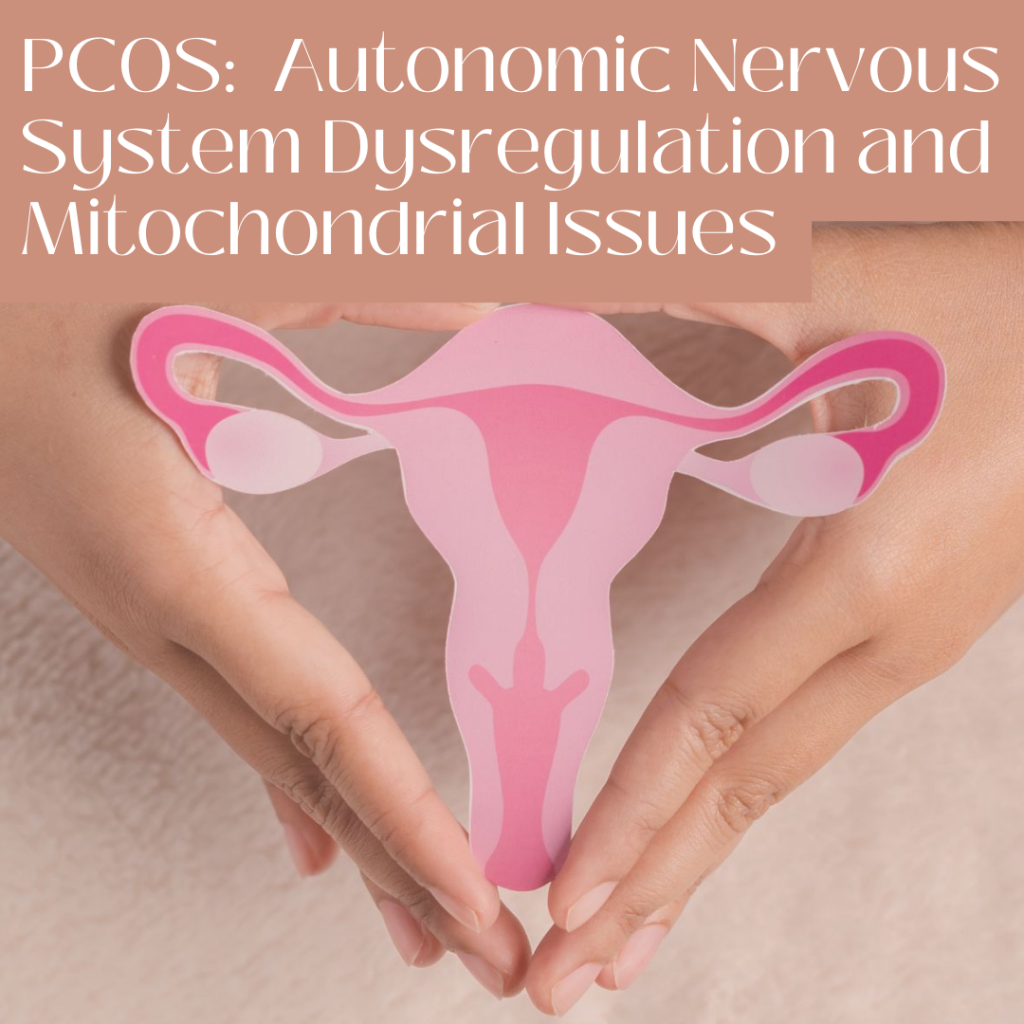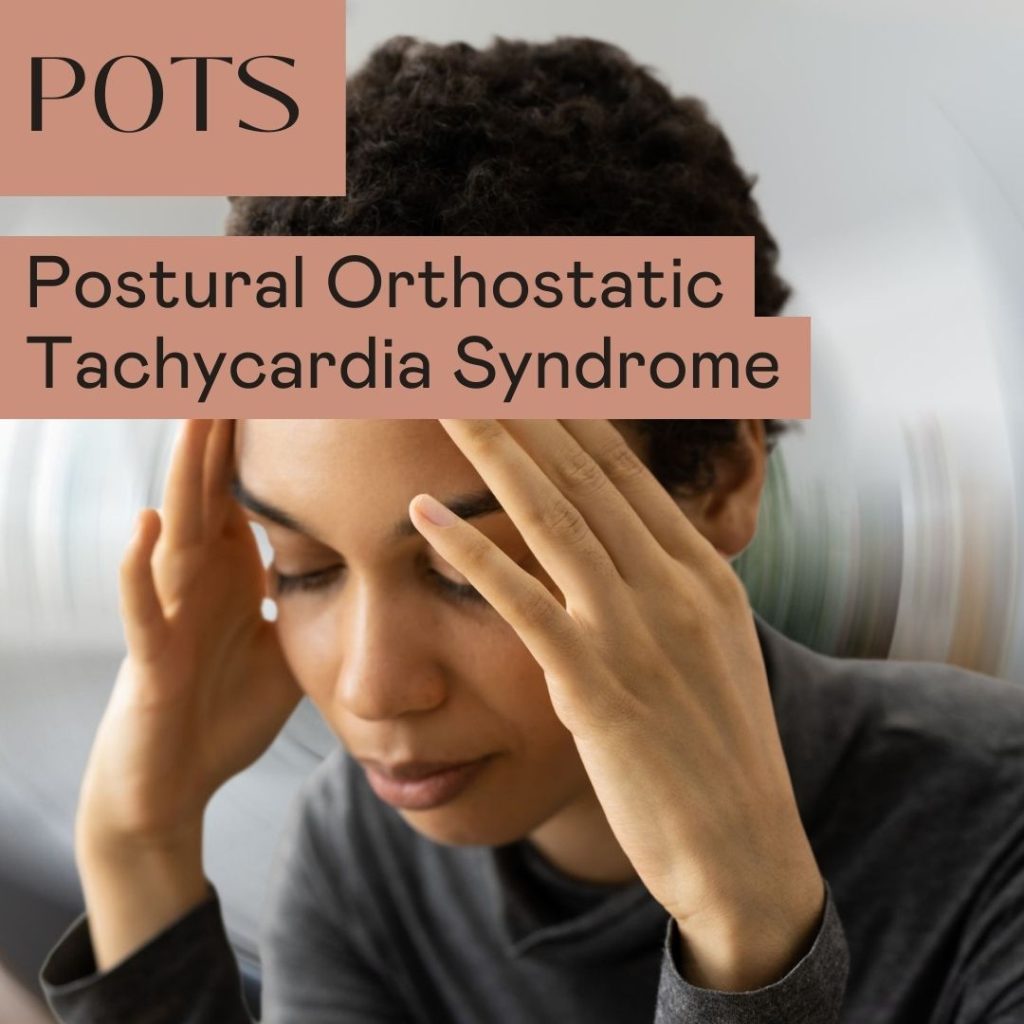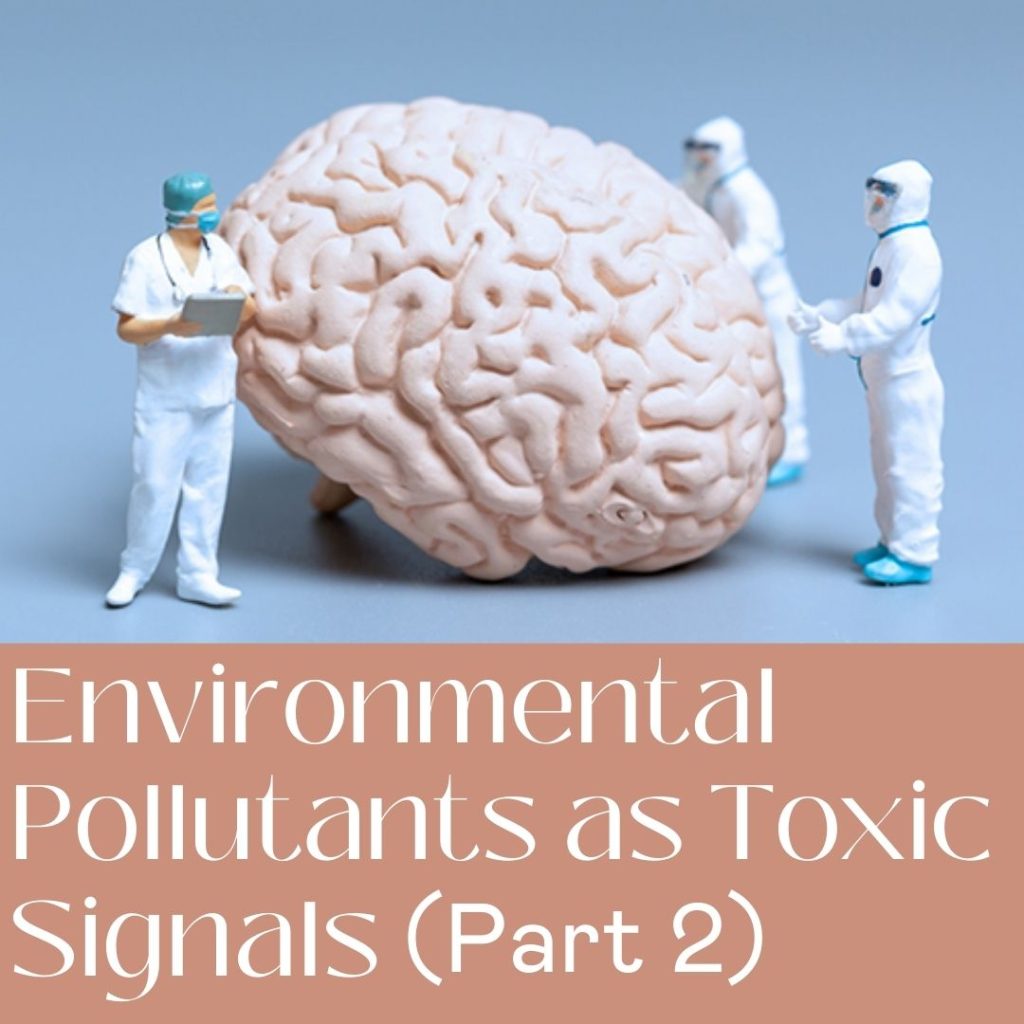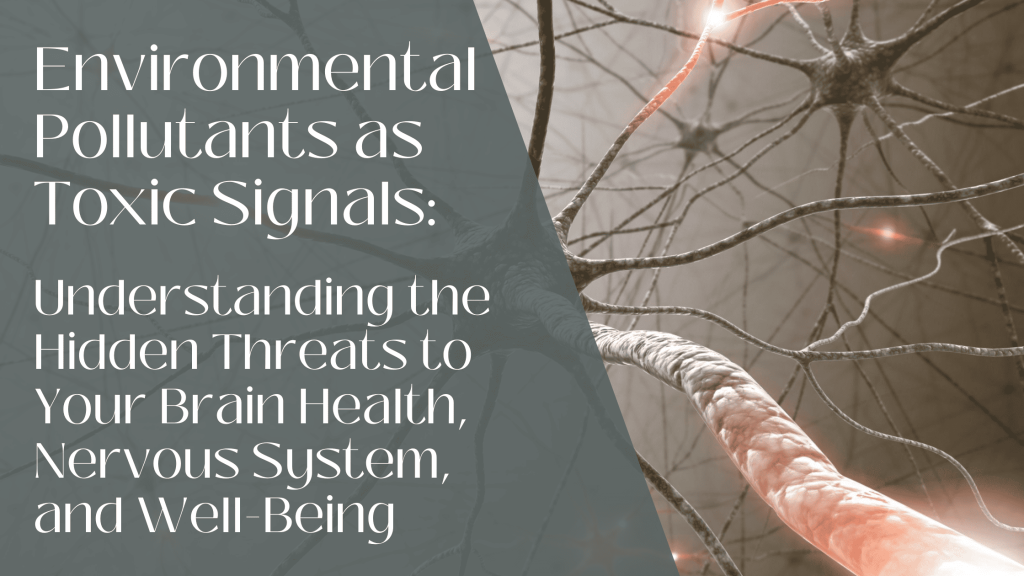Posts by Sara Szal MD
Perimenopause as Initiation: From “Make Baby” to “Make Wisdom”
If you believe in cultural conditioning, you may think of major hormonal transitions in a woman’s life – perimenopause and menopause – as an inconvenience to get through, burdensome, a problem to solve. You might be in the thick of perimenopause and wonder why you sometimes feel moody, bitchy, overwhelmed, irritable, fatigued, anxious, or one…
Read MoreThe Scientific Evidence of Peptide Therapy: MOTS-c
MOTS-c is a 16-amino acid peptide encoded by a mitochondrial gene, playing a role in regulating metabolism and promoting physical performance. It’s considered an “exercise-mimetic” because it can improve glucose uptake in skeletal muscle and enhance insulin sensitivity without requiring insulin. While research suggests potential benefits for metabolic health and physical performance, it’s not yet widely used clinically…
Read MoreEstrogen, Progesterone, and Testosterone: How These Hormones Shape Your Daily Life
Let’s take a tour beyond the myths and into the molecular reality of what these hormones really do in your daily life. Estrogen: The Multitasking Mastermind Estrogen isn’t just about periods and PMS. It’s a group of hormones—estradiol, estrone, and estriol—that influence nearly every system in your body. Produced primarily in the ovaries (or via…
Read MorePCOS and Endometriosis: Decoding the Hormonal Mysteries Behind Common Women’s Health Challenges
Despite affecting millions of women, polycystic ovary syndrome (PCOS) and endometriosis remain among the most underdiagnosed, misunderstood, and mismanaged conditions in modern medicine. These aren’t just “period problems” or fertility issues—they are full-body hormonal syndromes with systemic ripple effects that often begin in adolescence with consequences that extend past menopause. PCOS is the most common…
Read MorePCOS: Autonomic Nervous System Dysregulation and Mitochondrial Issues
Women with polycystic ovary syndrome (PCOS) often have increased stress, with an exaggerated sympathetic (fight-flight-freeze-fawn) nervous system and underactive parasympathetic (stay-and-play, rest-and-digest, feed-and-breed!) nervous system. We call these findings autonomic imbalances, including reduced parasympathetic activity, which suggests a potential link to mitochondrial dysfunction. Research indicates that mitochondrial dysfunction is indeed associated with PCOS and may contribute…
Read MoreMapping the Health Hazards of Being Female
The female body has been left behind by modern medicine. No wonder we are struggling from over-caring, over-giving, and over-functioning. Women are more stressed than ever before. Take a look at the telling statistics. While the root causes in part relate to biological differences in hormone levels, the X chromosome, and physiological states that men…
Read MorePOTS and the Autonomic Nervous System: A Post-COVID Rise in Dysregulation
Postural Orthostatic Tachycardia Syndrome (POTS) is a condition where your autonomic nervous system struggles to regulate blood flow and heart rate properly when you stand up, leading to an exaggerated increase in heart rate (tachycardia) without a corresponding drop in blood pressure. This dysregulation can cause symptoms like dizziness, fatigue, brain fog, and even fainting.…
Read More5 Strategies for Reducing Your Risk for Autoimmune Disease
Autoimmune disease is when your immune system goes rogue—like a glitchy security system that starts attacking the VIP (you) instead of actual intruders. It’s not a rare problem: 25 million Americans have a diagnosed autoimmune disease, and up to 50 million are dealing with some level of immune dysfunction. That’s a lot of overzealous immune…
Read MoreEnvironmental Pollutants as Toxic Signals (Part 2): Decoding the Damage and Defending Your Brain Health, Nervous System, and Well-Being
Environmental pollutants aren’t just passive bystanders in our bodies—they’re active, meddling saboteurs. These toxins, whether they hitch a ride through the air we breathe, the water we sip, or the plastics in our pantry, act as biological signals that interfere with our brain health, nervous system, and overall well-being. Mounting evidence shows that environmental pollutants,…
Read MoreEnvironmental Pollutants as Toxic Signals (Part 1): Understanding the Hidden Threats to Your Brain Health, Nervous System, and Well-Being
Think of your nervous system as a high-speed train system—efficient, precise, and designed to keep everything running on schedule. Messages zip from your brain to your body like bullet trains, ensuring you can think, move, and function without delays. But what happens when environmental pollutants sneak onto the tracks? Imagine lead as a pile of…
Read More
